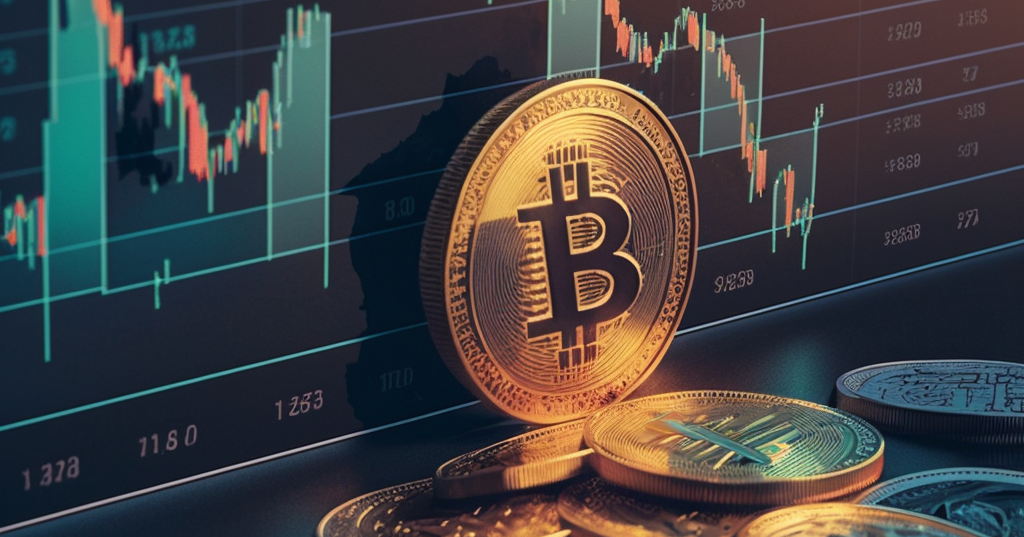In line with the Swiss Encrypted Valley, Busan became a “unregulated” area for the development of the Korean blockchain
According to Coindesk's August 3 report, the South Korean government officially announced that Busan has become the " regulatory free" area for the development of the blockchain in the country . Although this measure has long been expected, we can indeed see South Korea. Supporting the free development of the blockchain, Zug in Switzerland will be a model for the development of the region .
 (Source: pixabay)
(Source: pixabay)
According to the Korea Herald , the South Korean SMEs and Startups Department announced on July 24 that although South Korea did not fully open the cryptocurrency market and did not embrace foreign cryptocurrency companies, the country ’s second largest city, Busan It will create a variety of blockchain products related to finance, public safety and tourism .
A total of 11 original regulations were cancelled in this measure . It is expected that by 2021 , investors will invest 2,9 billion won ( $ 25 million ) in the region, and development projects will be carried out between the Munhyen Innovation Zone, the Centum Innovation Zone and the Dongsam Innovation Zone.
- Hot money has not flowed into the cryptocurrency market, and it will take time for the runaway
- Count all bitcoin blockchain movies before 2020! Which classics accompany you through the cold winter?
- Interpretation of the market | LTC production price rules can be applied to the BTC?
BNK Busan Bank, a local institution listed in South Korea, will be responsible for the supervision of the blockchain , as the main business involved in the bank is related to finance, and it may be developing a stable currency linked to the won.
Hyundai Pay is a company that is providing payment solutions and promoting the development of Busan's tourism industry . The company signed a memorandum of understanding in February this year , saying it will move its headquarters to Busan and use the Hdac blockchain to help the city develop blockchain- related infrastructure.
Coinplug, based in Gyeonggi-do, has developed a public safety product that claims to have the largest blockchain patent in Korea . It publishes apps that allow citizens to send natural disasters and crime videos to relevant departments and provide complete location information about the video . The app also has a rewards system to encourage users to use . The project will develop a database that allows storage and sharing of information in the next phase .
In addition, Busan-based computer company BP&Solution will work to build a blockchain project related to fisheries .
Of course , Busan's blockchain project is not completely “ unregulated ” . First-time tokens ( ICOs ) are not allowed in the region , and the attitude of this initiative is also very conservative for projects involving cryptocurrencies . The stable currency envisaged by Busan Bank will also be highly restricted in terms of use . It will be an integral part of the reward system, motivating people to participate in other blockchain products in the region, and the stable currency can only be redeemed in certain locations , so it is more like a voucher than cash . Busan has made it clear that the original intention of these reforms has nothing to do with cryptocurrency .
Although the South Korean government's initiative has been advertised as unregulated , it is more of a gradual , non-revolutionary experiment with clear objectives , which is consistent with the question of the existence of cryptocurrency in Korea .
The plan was originally proposed in April of this year , when it was reported that Busan defeated Jeju Island, which has always been known for its policy loosening , and became the main blockchain development center in Korea . Jeju Island had a vision for becoming an encrypted island in 2018 .
Busan has long been a center for Korean trade , finance and innovation, and is also home to the Korea Stock Exchange. The city has been working on blockchain-related development at this stage , including the use of this technology in ports.
The South Korean government has established Busan as a blockchain center in South Korea , which is related to a broad policy it has launched . South Korean President Wen Zai has been promoting the so-called “ regulatory sandbox ”: temporarily suspending regulations to test new technologies and services outside of Korea’s complex legal and bureaucratic environment.
The country 's goal in 2019 was to establish 100 regulatory sandboxes, and by mid- July , the country had approved 81 .
At the same time, in line with the promotion of the regulatory sandbox , the Korean government has designated seven regions ( city and province ) to obtain a package of sandbox privileges on certain technologies . For example, Jeollanam-do in South Korea is developing electric vehicles, and Daegu is in the field of smart health. Sejong will gain privilege in the field of automatic driving.
We will continue to update Blocking; if you have any questions or suggestions, please contact us!
Was this article helpful?
93 out of 132 found this helpful
Related articles
- What is the beacon chain in Ethereum 2.0?
- Africa has become a hotbed of bitcoin fraud: these few scam companies can bitter the African people…
- The market's gains narrowed, and the resistance above the short-term remains.
- In the face of regulation, should the blockchain embrace or escape?
- Coinbase receives a large single, gray scale 2.7 billion knives encryption assets handed over to it
- The “first airdrop in the currency circle” project is suspected of being degenerate. Is it the founder who left or the community split?
- In the chaos of the world, bitcoin "three steps" or will create a new record high?





